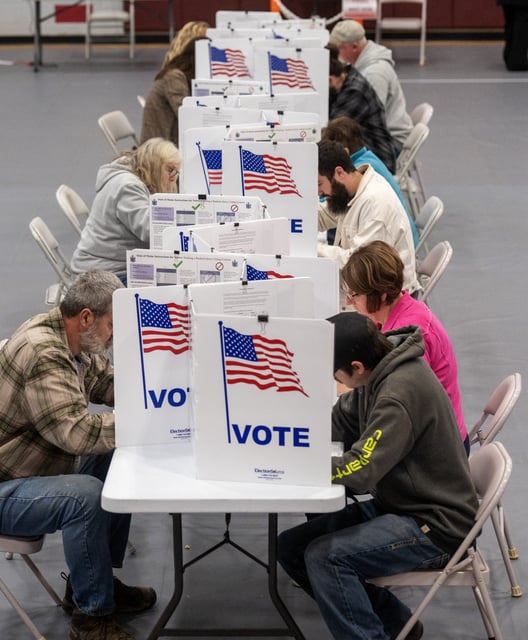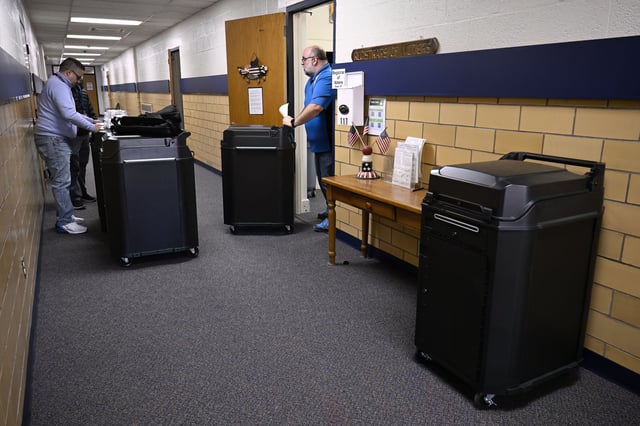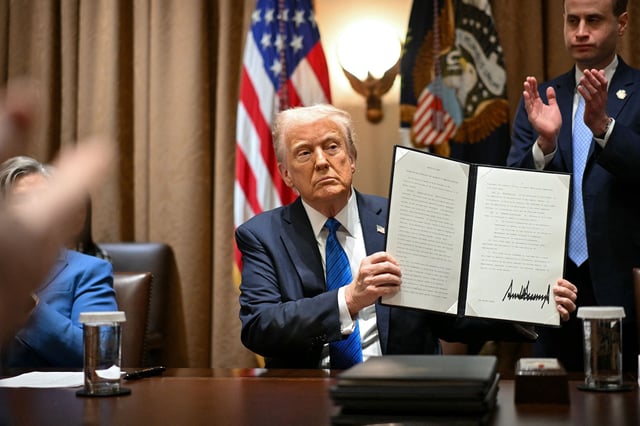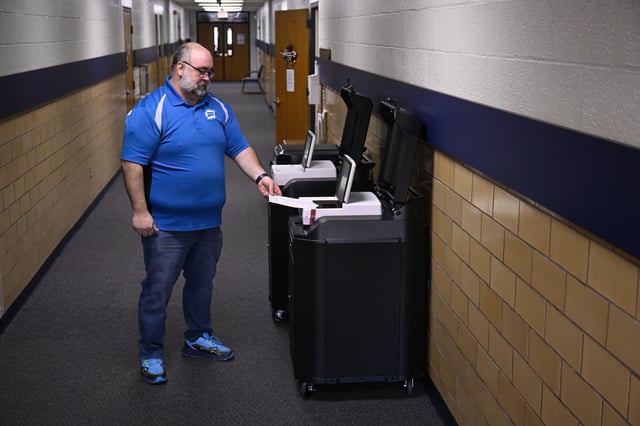Overview
- President Trump's executive order mandates proof of citizenship for voter registration and requires absentee ballots to be received by Election Day.
- The order faces significant legal challenges, with critics arguing it oversteps presidential authority and violates constitutional principles granting states control over elections.
- Voting rights groups, including the ACLU, have pledged to challenge the order, citing concerns over voter disenfranchisement, particularly among marginalized communities.
- The executive order excludes birth certificates as acceptable proof of citizenship, raising accessibility concerns for millions of eligible voters.
- States like Illinois and Maine have signaled they will not implement the order until legislative or judicial clarity is achieved, with Maine's Secretary of State calling it an overreach.



